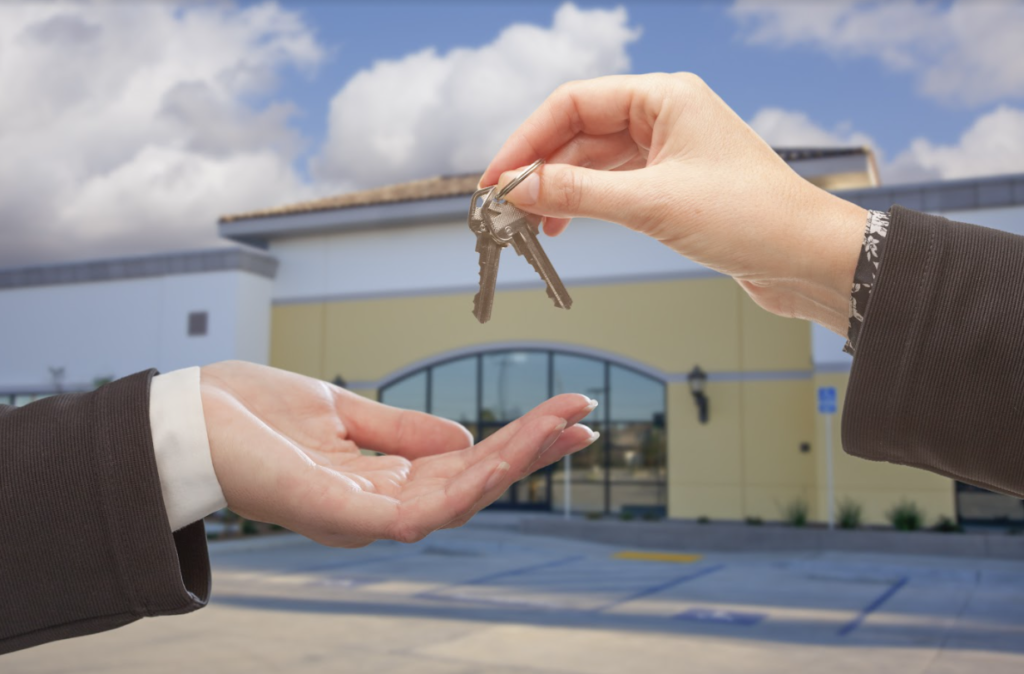A financing solution often favoured by real estate investors is a commercial property loan or commercial real estate loan. This type of loan is typically used to renovate or purchase a commercial property. You can obtain one from different sources such as banks, commercial lenders, and hard-money lenders. The decision of where to apply for your loan is entirely up to you, but if you want a higher chance of getting approved, there are several things you need to consider.

How To Get Approved For A Commercial Property Loan
A commercial mortgage is almost like getting a residential mortgage, except lenders typically ask for more requirements and documentations from business owners who are applying. In some cases, they may require that the property is currently occupied by the owner or the applicant. This means your business should be occupying at least half of the building to qualify.
Other lenders will also decide on your loan depending on factors like your credit score and business earnings. As Commercial Loans explains, credit scores often reflect how an individual or business handles money. It’s a significant figure that can increase or decrease your likelihood of getting approved for a commercial property loan, especially if you’re looking for one that offers the lowest interest rates.
Additionally, here are other tips that might be helpful in getting your loan approved:
1. Prepare Your Requirements And Documents
The process for this type of loan can be quite slow and would require comprehensive documents. If you’ve decided to go for it, it’s best to prepare your documents ahead of time. Property investment books explain that Lenders and banks would usually ask for a business plan, tax returns of your business, collateral information, bank statements for the last three months, financial reports, and an appraisal of the property you want to purchase.
More documentation may be asked by the lender on top of all these. Other options won’t probably ask for a lot of requirements like the hard-money loan you can get from a company or an individual and not from a bank. Just keep in mind that while it may be faster and with lesser requirements, it can cost higher in terms of interest and other fees.
2. Pay Off Your Existing Debt
If you have a bad credit standing, it’s possible for your loan to be declined. Obstacles like this are typical for people and business books with existing debts. If you want to increase your chance of getting approved for a commercial property loan, you can consider paying off your debts. That way, you can improve your credit scores and qualify for the loan.
3. Pledge Additional Collateral
One of the typical requirements of a commercial real estate mortgage is collateral. But if you want to improve your approval rate, you can pledge additional collateral to your lender such as an asset or property that you own. Keep in mind that the value of your collateral will also be considered as the lender evaluates your loan. So, if you have assets with high values, consider pledging them as extra collateral to increase your chance of approval.
4. Add A Co-Signer Or Investor
If you don’t have any more assets that you can use as collateral, another option to boost your approval rate is by looking for an investor or co-signer for the loan. It could be a business partner, a family member, or a friend who’d be willing to sign a loan application with you.
5. Save Up For A Larger Down Payment
Another way to get approved for a commercial property loan is by agreeing to pay a larger amount of down payment for the loan. This will give an impression that you’re capable of paying the loan back as agreed. Additionally, it can lower your monthly repayments and also the interest rate of your loan.
Final Words
Getting approved for a commercial property loan is no easy feat. You need to establish that you’re a credible borrower who can keep your end of the bargain. To increase your chance of getting the loan, consider paying off your existing debts to improve your credit score. You can also look for an property investor or a co-signer. Another option is to pledge additional collateral. Lastly, you can save up and pay a larger down payment if you have the means to do so.